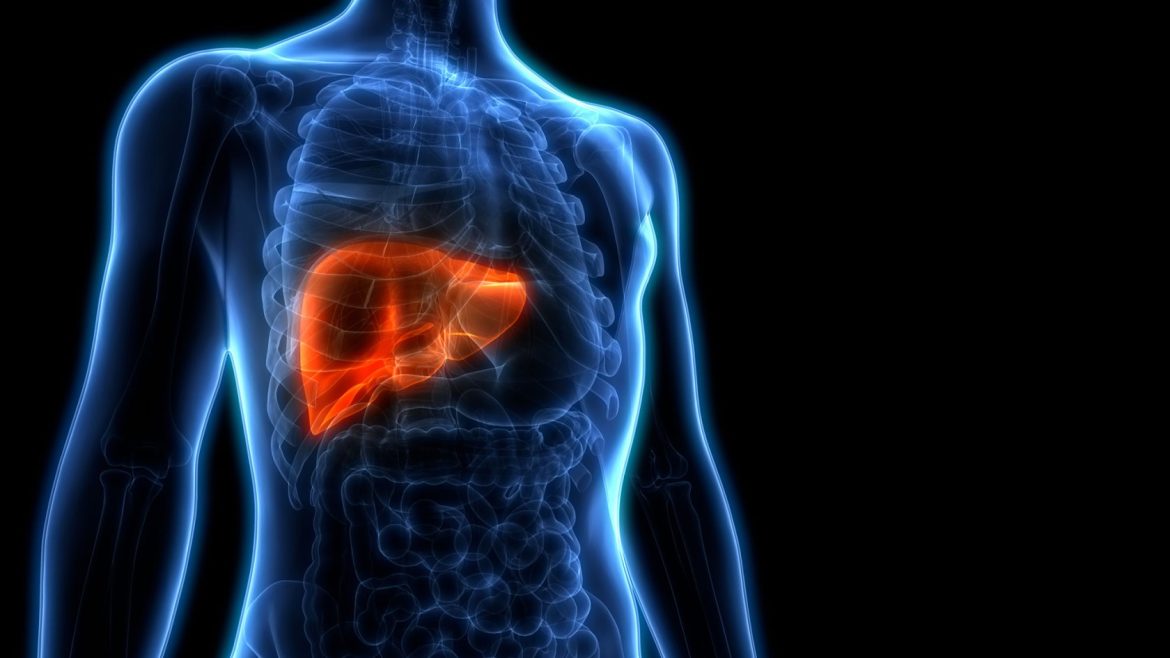Health
Bile imbalance linked to liver cancer

Key molecular switch identified, sheds new light on treatment interventions
A new study reveals how a critical imbalance in bile acids — the substances made by the liver that help digest fats — can trigger liver diseases, including hepatocellular carcinoma (HCC), the most common form of liver cancer. By identifying a key molecular switch that regulates bile, the study sheds new light on potential liver cancer treatment.
The findings were published this month in Nature Communications.
A unique function of the liver is to produce bile, which in turn acts as a natural detergent, breaking down fats into smaller droplets which are more readily absorbed by the cells in the lining of the small intestine. Beyond acting as a detergent, bile acids — a major component of the bile — also play a hormone-like function that governs a number of metabolic processes. Corresponding author of the study, Yingzi Yang, professor of developmental biology at the Harvard School of Dental Medicine, looked at the delicate control of how bile acids are produced and how disruption of the tight regulation leads to liver injury, inflammation, and eventually HCC.
Yang and her team at HSDM have spent years studying cell signaling. One of the pathways they focus on is the Hippo/YAP pathway — a signaling pathway crucial for regulating cell growth related to cancer.

Yingzi Yang.
Photo by Tony Rinaldo
“In this study we discovered that YAP promotes tumor formation with a surprising role in regulating bile acid metabolism. Instead of encouraging cell growth as expected, YAP acts as a repressor, interfering with the function of a vital bile acid sensor called FXR,” she said.
YAP activation paralyzes FXR (Farnesoid X receptor), a nuclear receptor essential to bile acid homeostasis. This causes an overproduction of bile acids that build up in the liver, leading to fibrosis and inflammation, ultimately leading to liver cancer.
Blocking YAP’s repressor activity — either by enhancing FXR function or promoting bile acid excretion — could stop this damaging cycle, according to researchers. In experimental models, activating FXR, inhibiting HDAC1 that enables YAP repressor function, or increasing the expression of a bile acid export protein (BSEP), all helped reduce liver damage and cancer progression.
“With this finding, it could lead us to pharmacological solutions that stimulate FXR, which is very exciting” Yang said.
According to Yang, the findings have additional implications as more is discovered about how YAP influences metabolic control by regulating nutrient sensing. Yang’s interest in studying this function came from her longtime work in cell signaling in liver biology and cancer. She is also a member of the Dana-Farber/Harvard Cancer Center.
The Yang Laboratory uses molecular, cellular, genetic, and genomic approaches to investigate the critical roles of cell signaling in embryonic morphogenesis and adult physiology. Their research focuses on the mammalian skeleton and liver to explore human biology and address the underlying pathophysiological mechanisms of diseases, including cancer.
This work was supported in part by the National Institutes of Health and the National Cancer Institute.

